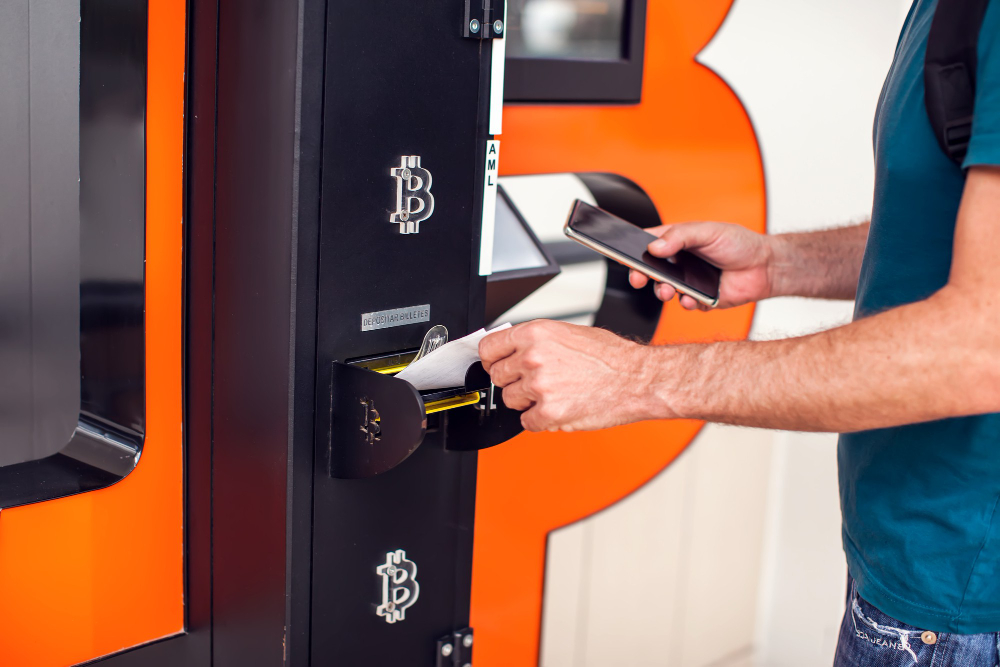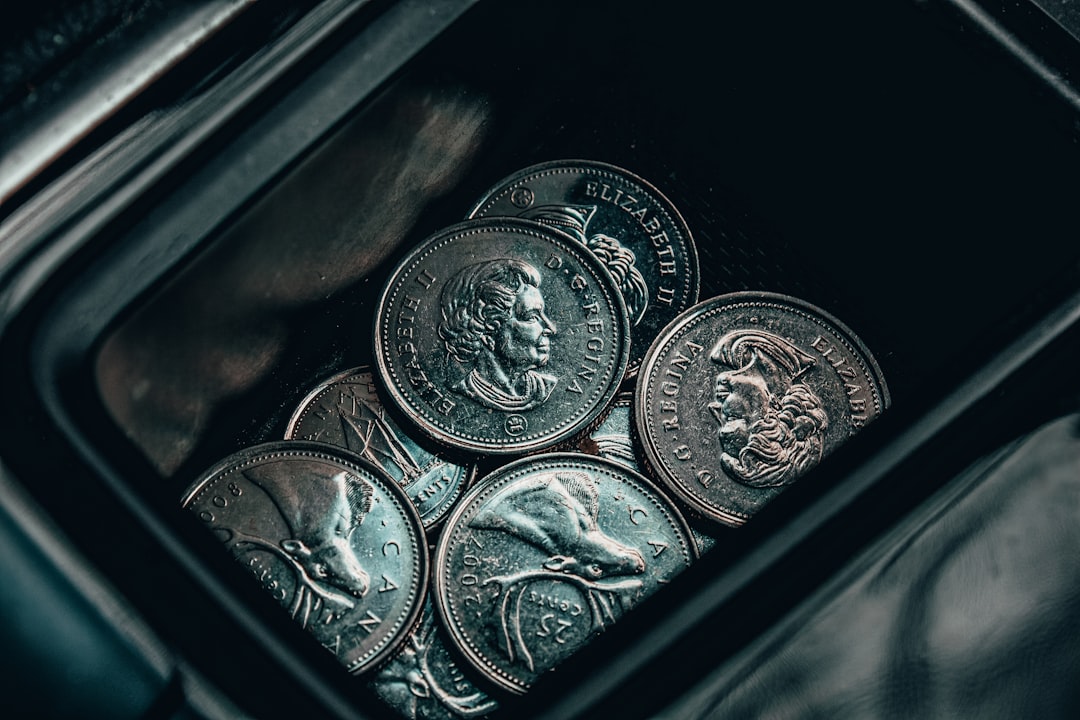In the ever-evolving world of cryptocurrencies, the importance of a secure and user-friendly crypto wallet cannot be overstated. Whether investing in Bitcoin, Ethereum, or a collection of altcoins, users need a wallet that offers reliability, security, accessibility, and versatility. With so many options available, choosing the right one can be tough. This article compares some of the most trusted crypto wallets specifically for Bitcoin, Ethereum, and altcoins, providing insights into their strengths and limitations.
Contents of Post
Types of Crypto Wallets
Before diving into the specific wallets, it’s helpful to understand the broad categories they fall into:
- Hardware Wallets: Physical devices that store cryptocurrencies offline, offering the highest level of security.
- Software Wallets: Digital apps available on mobile, desktop, or browser extensions offering convenience and ease of access.
- Web Wallets: Online wallets that can be accessed through internet browsers, often used for quick transactions.
- Paper Wallets: Physical printouts or writings of private keys, considered obsolete in modern crypto management.
Top Trusted Wallets for Bitcoin
1. Ledger Nano X (Hardware Wallet)
Ledger Nano X is widely considered the gold standard for storing Bitcoin securely. As a hardware wallet, it offers top-level protection by keeping your private keys offline. It features Bluetooth support, meaning users can manage assets from mobile devices securely.
Pros:
- Excellent security with offline storage
- Supports over 1,800 cryptocurrencies
- Compatible with major software wallets like Ledger Live
Cons:
- More expensive than software solutions
- Takes time to set up for new users
2. Electrum (Software Wallet)
For advanced users looking for a lightweight, fast solution for Bitcoin only, Electrum is a top-tier choice. This wallet focuses solely on Bitcoin and allows users to customize fees and integrate with hardware wallets for added security.
Pros:
- Extremely fast and lightweight
- Supports advanced features like multi-signature and custom fees
Cons:
- Outdated interface
- Only supports Bitcoin

Top Trusted Wallets for Ethereum
1. MetaMask (Browser & Mobile Software Wallet)
MetaMask is the most widely used wallet for Ethereum and ERC-20 tokens. It operates as a browser extension and a mobile app, making it ideal for interacting with decentralized applications (dApps) on the Ethereum network.
Pros:
- Highly intuitive user interface
- Great for dApps, DeFi platforms, and NFT marketplaces
- Open-source and widely trusted in the Ethereum ecosystem
Cons:
- Security depends on the device it’s installed on
- Not ideal for long-term storage
2. Trezor Model T (Hardware Wallet)
The Trezor Model T is another highly respected hardware wallet that supports Ethereum and thousands of ERC-20 tokens. It uses Shamir Backup and provides additional security for crypto storage.
Pros:
- Excellent security features
- Wide token support including Ethereum-based assets
- Touchscreen interface for better usability
Cons:
- High cost
- Less portable than software wallets

Top Trusted Wallets for Altcoins
1. Trust Wallet (Mobile Software Wallet)
Trust Wallet, acquired by Binance, is a versatile mobile wallet that supports an enormous variety of altcoins and tokens. From Solana to Binance Coin and beyond, it’s perfect for users who want to manage multiple assets easily.
Pros:
- Supports more than 160K tokens and altcoins
- Integrated dApp browser for DeFi and staking
- Backed by one of the largest crypto exchanges
Cons:
- Lacks desktop version
- Centralized ownership by Binance may concern some users
2. Exodus Wallet (Desktop & Mobile Software Wallet)
Exodus is a multi-currency wallet known for its beautiful design and ease of use. It supports hundreds of cryptocurrencies, allowing users to quickly exchange assets within the wallet via ShapeShift integration.
Pros:
- User-friendly interface for beginners
- Integrated exchange for easy asset swaps
- Supports hardware wallet integration (e.g., Trezor)
Cons:
- Closed-source code for part of the wallet
- Higher fees on in-wallet exchanges

Security Considerations
When selecting a crypto wallet, security should be the top priority. Here are key considerations:
- Private Key Ownership: Always choose wallets that allow you to control your own private keys.
- Backup & Recovery: Ensure that the wallet provides an option for securely backing up and restoring credentials using seed phrases or Shamir Backup.
- Two-Factor Authentication (2FA): A must-have for added security, especially for online and software wallets.
- Hardware Support: For long-term holding, opting for a wallet that integrates with a hardware solution (e.g., Ledger or Trezor) adds a layer of protection.
Ease of Use & Community Support
Depending on whether you are a beginner or an advanced trader, the user interface and documentation of the wallet matter largely.
- MetaMask and Trust Wallet: Highly recommended for beginners due to intuitive interfaces and strong user communities.
- Electrum and Trezor: Ideal for more experienced crypto users who want advanced functionalities.
Strong community support can also help in case you face issues, as communities for popular wallets often provide timely troubleshooting and guidance.
Final Thoughts
There’s no one-size-fits-all when it comes to crypto wallets. The best wallet for you depends on your needs—long-term storage, daily trading, or interacting with DeFi platforms.
- For Bitcoin-only users: Ledger Nano X or Electrum are excellent choices.
- For Ethereum and dApps: MetaMask is reliable and widely adopted.
- For altcoin enthusiasts: Trust Wallet or Exodus provide the support you need for a wide range of tokens.
Always prioritize wallets that combine security, ease of use, and consistent updates from trustworthy developers. Diversification may be good for investments, but consolidation is often safer when it comes to crypto wallet management.
Frequently Asked Questions (FAQ)
- Q: Can I use more than one wallet?
A: Yes, many users operate multiple wallets catering to different coins or use cases like long-term storage vs trading. - Q: Are software wallets safe?
A: They are relatively safe if precautions are taken like using 2FA, strong passwords, and avoiding phishing sites, but hardware wallets offer enhanced protection. - Q: What happens if I lose my wallet device?
A: As long as you have your recovery seed phrase or Shamir Share, you can restore your wallet on a new device.

